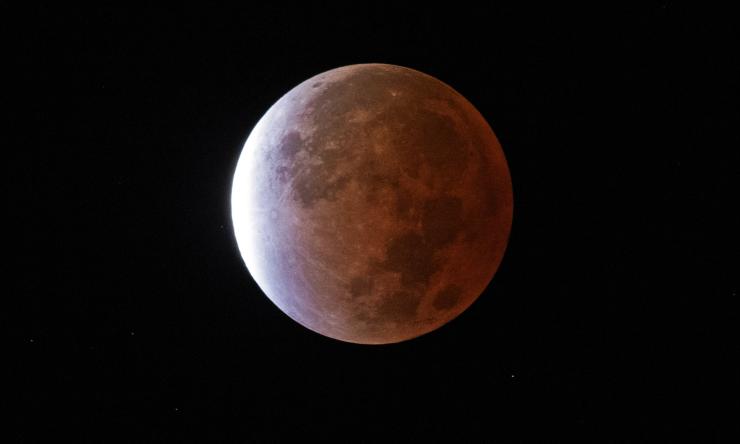TRISH: funding for companies to solve health challenges for lunar missions
The Translational Research Institute for Space Health (TRISH) at Baylor College of Medicine announced the 2022 Industry Solicitation for medical monitoring and real-time guidance that could aid astronauts during lunar missions.
Maintaining the health of space explorers is a top priority as human spaceflights increase. Protecting the health of all humans in space is a priority for TRISH, a NASA-funded research institute at Baylor with consortium partners California Institute of Technology (Caltech) and Massachusetts Institute of Technology (MIT).
During deep space missions, astronauts must be prepared to diagnose and treat all health complications they encounter. With the industry solicitation, TRISH is seeking companies with new and innovative ways to support crew health through two topics:
- Use a mixed reality platform to develop the capability for a “doctor over-the-shoulder” that allows a human medical expert to real-time guide and annotate medical tasks and procedures to an astronaut on lunar missions; or
- Develop minimally obtrusive monitoring capabilities, including but not limited to ingestible, implantable or contactless health surveillance, with ideal technical characteristics for lunar missions and lunar surface activities without any real-time support from Earth or mission control.
“The body undergoes extreme changes in spaceflight,” said Dr. Emmanuel Urquieta, TRISH’s chief medical officer and assistant professor of space medicine at Baylor. “The environment is radiation-filled, hostile and cramped. You’re very far from home. TRISH is interested in new and streamlined tools or methods that increase the overall healthcare capabilities for space explorers.”
“NASA has ambitious plans and commercial spaceflight companies are safely getting more and more people to space,” said James Hury, TRISH deputy director and chief innovation officer. “Humanity must learn to thrive in space through more space health research. TRISH welcomes new ideas and technologies to predict, prevent, diagnose and/or treat the challenges to the human body during lunar missions and, eventually, missions to Mars. The industry solicitation offers non-dilutive capital and partnership with subject matter expertise to help company-based research and development take risk with an array of novel and unconventional technologies that can support human health in space.”
Proposals are due April 21, 2022, at 5 p.m. EST. Selections will be announced in August 2022. Selected proposals will receive between $100,000 and $500,000 for one year.
As a partner to NASA’s Human Research Program, TRISH helps solve the health challenges to human deep space exploration. The institute finds and funds disruptive, breakthrough research and technologies that can reduce risks to astronaut health and performance to help put the first woman and first person of color on the moon and human boot prints on Mars.
The institute is funded through a cooperative agreement with NASA to Baylor College of Medicine and includes consortium partners Caltech and MIT. Learn more about TRISH by signing up for its monthly newsletter and following the Institute on social media @BCMSpaceHealth.











